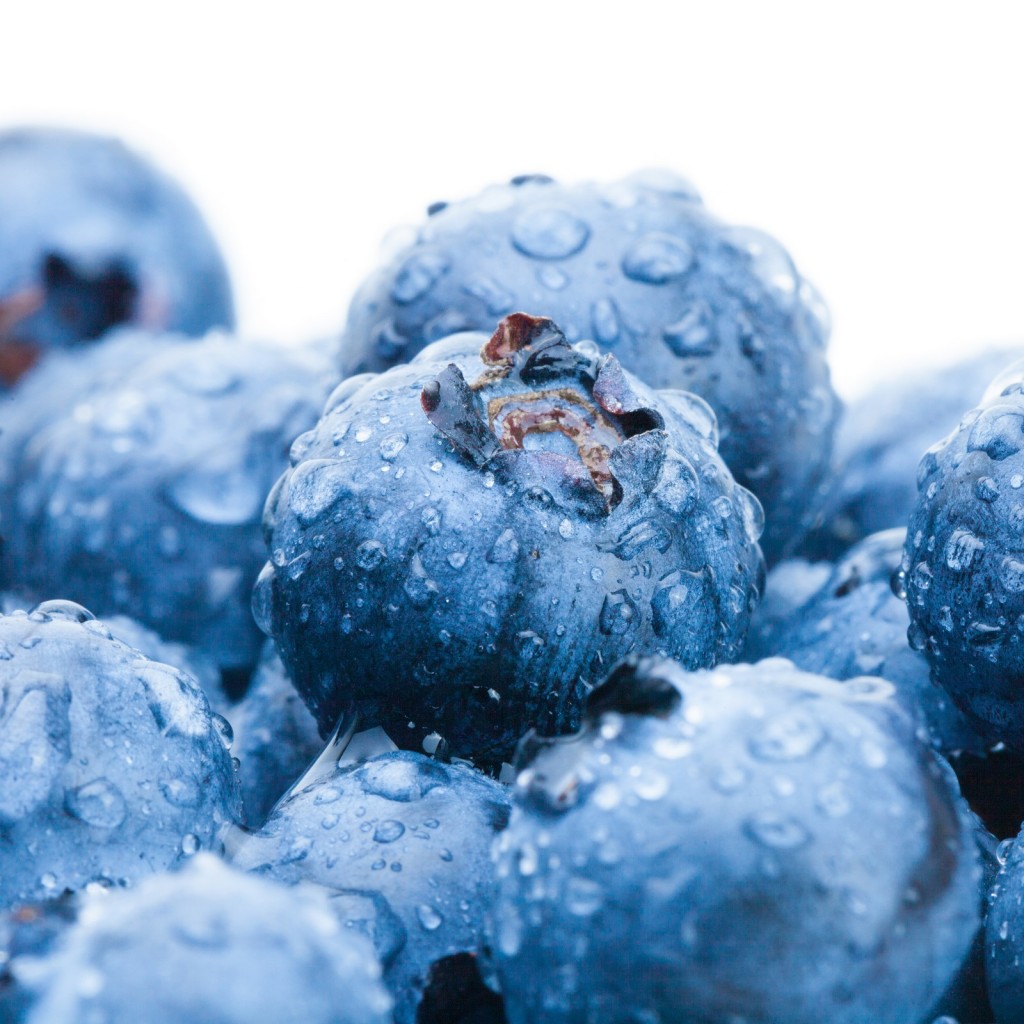New blueberry JV with "unique social impact" to launch with Argentine fruit

A new socially responsible joint venture is being launched by companies in the U.S. and Argentina, with the aim of selling the first Southern Hemisphere blueberries under the Thx! label later this year.
The program is under development by Florida-based companies Breakthrough Solutions and Fudi Food, and Argentine blueberry company Arandeira.
Raul Fernandez of Breakthrough Solutions said that program would have a "unique social impact", and through the brand shoppers would be able to connect much more directly with farmworkers while knowing that a portion of the proceeds will go toward helping communities where the fruit is grown.
The plan is to find partners to work with in other growing regions following the Argentine season, beginning with other South American countries and then moving onto North America.
Breakthrough Solutions is a consultancy company that played an important role in helping to develop the social responsibility program of Peruvian produce multinational Camposol, Fernandez said, while Fudi Foods is an importer and logistics service provider founded by Martin Casanova from Argentina.
After the two met they realized they shared a desire to create something with a social impact.
"We started creating a business in a way that would let shoppers connect with the farmworkers who produced their food," Fernandez told Fresh Fruit Portal.
He then reached to Ricardo Schatz, owner of Concordia-based Arandeira, who immediately jumped on board with the program.
"It was really a perfect combination. Ricardo is already well-connected with organizations that have a social impact. We won't give out money directly, but rather we will pay for what people need, such as fixing the roof on their house," Fernandez said.
"It's pretty exciting, and the reception that we're getting from trade as we're starting to talk a little bit about this has been great."
He explained the Thx! branded fruit would not come attached with a price premium, adding that the aim was to work directly with retailers in order to skip the intermediaries and save costs.
The program would only work with GlobalG.A.P.-certified growers who already pay fair wages and are aligned with its values, Fernandez said.
The product packaging would also feature a QSR code that consumers could scan to connect to the person that they are helping by purchasing the product and to learn about their family history, he added.
"Our goal is to impact the regular people, and that impact will probably be translated into increased loyalty and dedication, and people feeling that their work is recognized at the other end of the supply chain," he said.
He added that the program is "extremely portable," and so once positive consumer feedback is received, it could then move onto the likes of Chile, Peru and the U.S.
"At this point we’re still in conversations with retailers, and they are obviously reacting very positively to it. Most retailers have been sourcing for many years, so for an initial program like this they have to see how they can incorporate it into their program," he said.
If it proves successful, he said the program could later expand out cover other fruits in the berry category and other areas of the produce industry.









































